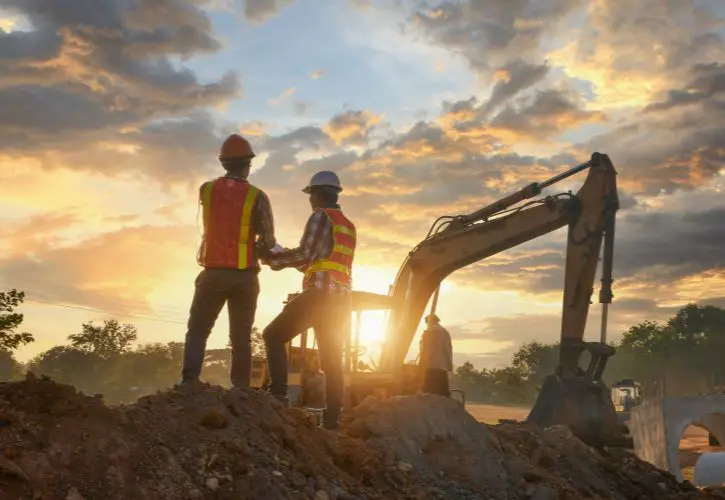Table of Contents
In today’s world, where climate change and environmental sustainability have become pressing matters, the construction industry has a crucial role to play. One of the key ways businesses can contribute is by embracing the advantages of using sustainable practices in construction. Explore the benefits of such practices, ranging from improved efficiency and lower energy costs to social benefits.
Improved Efficiency and Lower Energy Costs
Using sustainable practices in construction can lead to greater energy efficiency, resulting in reduced utility costs for building owners. By carefully selecting and strategically placing energy-efficient materials, such as innovative insulation solutions or triple-glazed windows, buildings can consume less energy for heating, cooling, and lighting.
Enhanced Durability and Less Maintenance
Sustainable construction practices often involve using materials and techniques that are highly durable and require less maintenance. For instance, the benefits of continuous flight auger drilling lead to stronger foundation support and longer-lasting structures, ultimately reducing the lifetime cost of operations and maintenance.
Reduced Carbon Footprint
By using sustainably sourced and recycled materials in construction, the industry can minimize the negative impact on the environment. Choosing innovative construction materials, such as hemp insulation or synthetic roofing, can significantly reduce the depletion of natural resources.
Healthier Living and Working Spaces
Using nontoxic, sustainable materials eliminates harmful toxins in conventional construction materials, providing occupants a healthier living or working environment. Improved indoor air quality reduces the risk of respiratory issues and allergies, leading to a better quality of life.
Economic and Social Benefits
Sustainable construction practices can generate numerous economic benefits. These include an increase in employment opportunities due to the demand for skilled labor in sustainable construction techniques, as well as potential tax incentives and savings on waste disposal fees for construction businesses utilizing sustainable practices.
In addition, incorporating community green spaces and localized power generation into construction designs aids in fostering social coherence, connectedness, and quality of life improvements.
The advantages of using sustainable practices in construction are manifold. By making a conscious effort to utilize innovative construction materials and incorporating sustainable practices into their projects, construction businesses can set themselves apart as industry leaders. This contributes to a more environmentally friendly, financially efficient, and healthier future for all.

